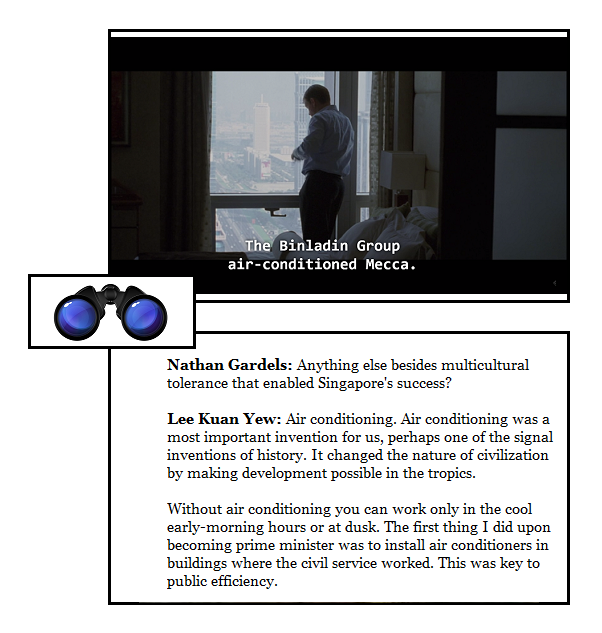Infinity Journal’s New Issue
Thursday, March 26th, 2015[by Mark Safranski, a.k.a. “zen“]

Our arch-Clausewitzian friends at Infinity Journal have a new issue out, featuring articles by Colin Gray, Antulio Echevarria and Spyridon Plakoudas. A sample, from Colin Gray:
There can be little disagreement with the proposition that security is a basic human need and therefore has to be of fundamental importance to the high business of state. But it can be almost embarrassing to ask seriously what it is. If a simple and straightforward answer to the question about its nature is hard to obtain, one is right to ask sceptical questions in follow-up mode that may reveal a troublesome void in official thinking. In addition to desiring to know just what security is, and therefore also (logically) is not, we would like to know how we buy it; indeed, can we buy it? From whom or what do we buy security? Is there a usable common currency to meet security concerns? And, probably most important of all, how will we know that we have bought it successfully and therefore should judge ourselves to be sufficiently secure?
As scholars we cannot evade the elementary question, ‘how do we study security in order better to understand it’? To be blunt, what do we study with respect to security? You will discover readily enough that this basic question is not answered in the current literature and debate and you may well begin to suspect it is not answerable. This is the quite unremarkable reason why, over many years, I have refused the title of professor of Security Studies, and have resisted as best I could occasional institutional efforts to associate me with a Centre or Institute for Security Studies. The problem is not that the concept of security lacks meaning, but rather that it carries too much meaning that is thoroughly undisciplined. Alas, there is excellent reason for this unhappy condition. What we have in the concept of security is a boundary-free, not merely-‘lite’, idea. And this potent idea is overflowing with meaning to everyone, both individually and collectively. If I want to study security, what does that imply? What either does or might promote insecurity? I suggest that security is a feeling measurable by human and institutional agents on little reliable empirical basis. And even if we can agree on potentially relevant facts, it is very likely that we would disagree on what the verifiable facts mean. This is a reality disturbing to many people; frank recognition that security/insecurity is a feeling and therefore is liable to influence by personality and mood swing chemistry and consideration of circumstances, but scarcely at all reliably by empirical data.
The beginning of wisdom on security is understanding that the concept is so generously inclusive as to be boundary-free. This is both fortunate and unfortunate. It is good news because it is prudent to be inclusive regarding what we should worry about. But it is bad news because the pervasive subjectivity that reigns over and within security debate means in practice that the sponginess of the concept, together with its positive public acceptance, renders it utterly open to abuse by politicians and other would-be opinion influencers. Alas, because security is about everything that does or might worry us, as a consequence it is really about nothing usable with prudence.[i]
Particular geopolitical or other metrics of potential alarm are not hard to invent for any state, but the problem is that they will lack integrity, even when they are developed honestly. Again, what can tell you how secure you really are? Indeed, is security an either/or condition, or is it a matter of more or less? Obviously, indeed unarguably, security is an important, perhaps the most important, concept in statecraft, but it is unmanageable. Can I measure national security and show it in a graph. I may be compelled to admit that at one time, when I was much younger, and therefore more credulous, I used to attempt to do this metric miracle with regard to the strategic nuclear forces of the United States. But, some greater wisdom did come with age. [….]
Read the rest here




